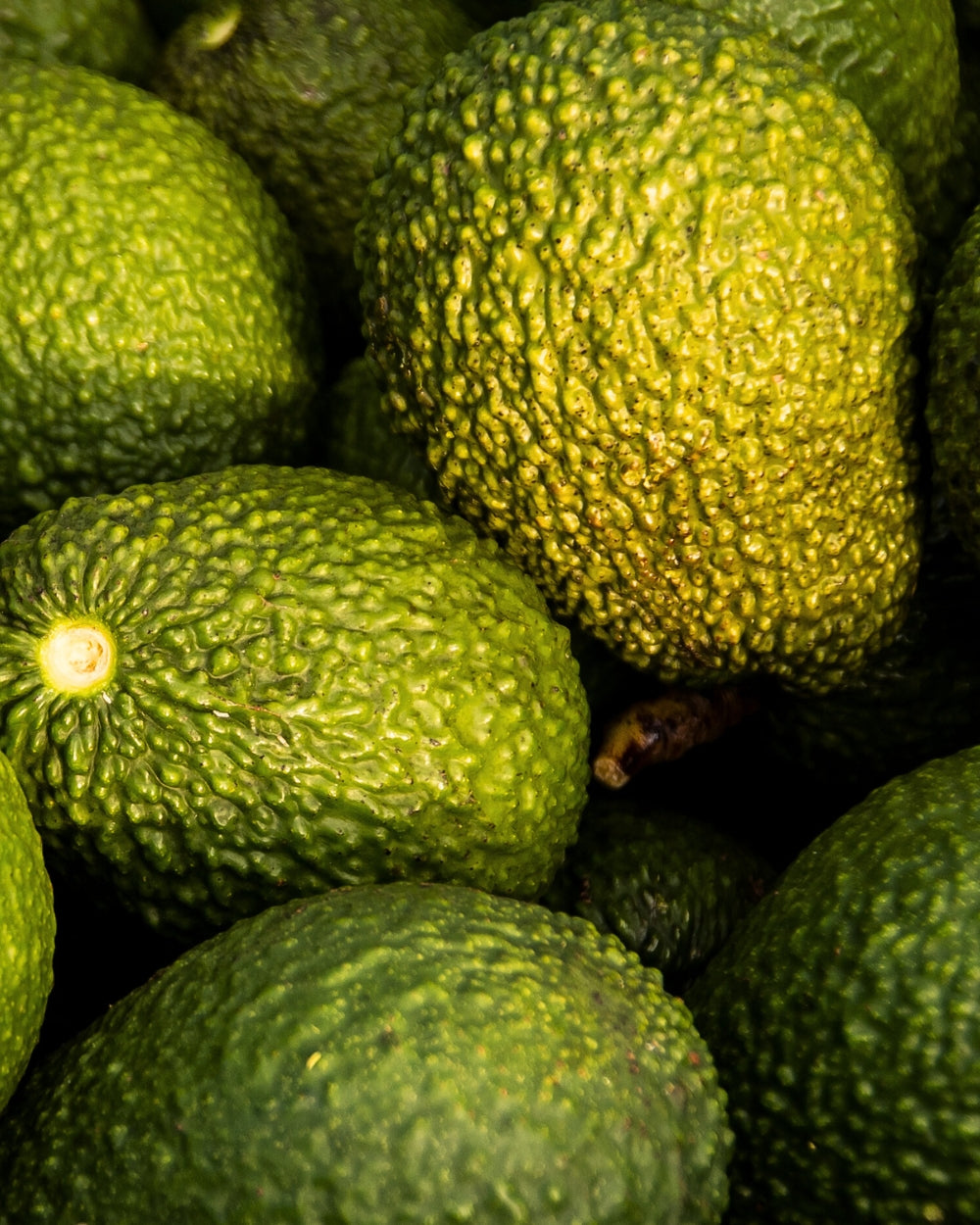Before it became a movement, or a certification, organic food was simply how people grew, shared, and lived with the land. It was farming that respected the seasons, understood the rhythms of the soil, and honoured the interconnectedness of all things: plants, animals, people, and planet.
At Organika, we see organic food as a return. A return to flavour. To simplicity. To the idea that food should nourish us, not just fill us. That how something is grown matters just as much as how it tastes. And that behind every apple, egg, or jar of honey is a farmer, a place, and a story.
A Philosophy Born from the Soil
The organic movement began as a quiet resistance to industrial agriculture. As farming became more reliant on synthetic inputs and chemical controls, a growing number of farmers, many of them small-scale and deeply connected to their land, chose a different path. They knew healthy soil wasn’t just a foundation for good food, it was a living ecosystem worth protecting.
They saw that when you feed the soil, the soil feeds everything else. The plants. The animals. The people who eat the harvest.
This is the heart of organic farming: caring for the whole system, not just the yield.
According to Australia’s National Standard for Organic and Biodynamic Produce, organic farmers are expected to create soils of enhanced biological activity, not with chemical fertilisers, but with compost, crop rotation, and biodiversity.
What Does Organic Really Mean?
Organic food is grown and produced without synthetic pesticides, herbicides, fertilisers, or genetically modified organisms (GMOs). But it’s more than just what’s left out, it’s about what’s nurtured.
Organic farming builds healthy, living soil. It supports biodiversity. It treats animals with care. And it produces food that is vibrant, nutrient-dense, and full of life.
In Australia, the term "organic" isn't regulated by law unless a product is certified. That’s why it’s important to look for official certification marks when shopping. The most recognised body is Australian Certified Organic (ACO), which uses the "Bud" logo. This symbol confirms a product has met the rigorous standards of the Australian Certified Organic Standard. Other respected certifiers include NASAA Certified Organic, Organic Food Chain (OFC), and Bio-Dynamic Research Institute (BDRI).
These independent certification bodies ensure transparency and authenticity, so when you see their logos, you can trust that the food you're choosing truly meets organic standards.
What About Biodynamic? And Regenerative?
Biodynamic farming is an advanced form of organic agriculture that views the farm as a living, self-sustaining ecosystem. Based on the teachings of Rudolf Steiner, biodynamic methods focus on holistic practices like planting by lunar cycles, using natural composting preparations, and fostering soil vitality.
Products certified as biodynamic in Australia are usually approved by Demeter or the Bio-Dynamic Research Institute (BDRI). When you see the biodynamic label, you’re supporting practices that nourish not only the body, but also the land in a deeply regenerative way.
Regenerative farming, while not always certified, focuses on restoring the health of soil, increasing biodiversity, and drawing carbon back into the earth. It goes beyond sustainability to actively improve the land over time.
From Soil to Plate: The Organic Difference
1. Organic Produce
Our organic fruits and vegetables are grown in nutrient-rich soil, without synthetic chemicals. You’ll notice the difference in flavour, freshness, and vitality.
2. Organic Meat & Dairy
Animals are raised without growth hormones or routine antibiotics. Their products are nutrient-rich and ethically made.
3. Organic Pantry Staples
From grains and flours to oils and spices, our organic pantry staples support everyday cooking with clean, sustainable ingredients.
Is Organic Food Healthier?
A 2016 study found that organic meat and milk may contain more nutrients than conventional alternatives. Organic food is also fresher, seasonal, and closer to home.
Eating food free from synthetic pesticides, hormones, and additives reduces stress on the body and supports long-term health.
Eating Organic = Living Sustainably
Organic farming protects the health of the soil and the future of the planet. By choosing organic, you're supporting a sustainable food system that values care, biodiversity, and ecological balance.
How to Start Eating Organic
- Swap regular eggs for organic free-range eggs
- Choose organic berries and leafy greens
- Use organic milk and swap your bread for an organic loaf
- Explore more organic alternatives to your pantry staples
Need inspiration? Here’s a curated organic food list to get you started.
Where to Shop for Organic Food in Noosa
Located in Noosaville, Organika is your trusted organic food store for fresh produce, pantry essentials, eco-living goods, and a vibrant in-store café.
Our Commitment to Quality
We source from local and Australian suppliers who share our values of transparency, sustainability, and high quality. Everything we offer is chosen with care, backed by trust, and rooted in purpose.
Pop In & Explore
Whether you’re a local or visiting Noosa on holiday, stop by for a smoothie, organic coffee, or browse our seasonal range. We’re open daily from 7am (except Christmas Day).
At Organika, we make healthy living easy, natural, and beautifully local.
Read more

Curious about keto? Discover a balanced, wholefood approach to low-carb living. From nourishing fats to keto-friendly veggies and pantry staples, Organika Noosa supports your journey with trusted...

Discover gut-healing foods and the principles of the GAPS diet, inspired by Jo Whitton. Learn how real food can repair your gut and transform your health from the inside out.

